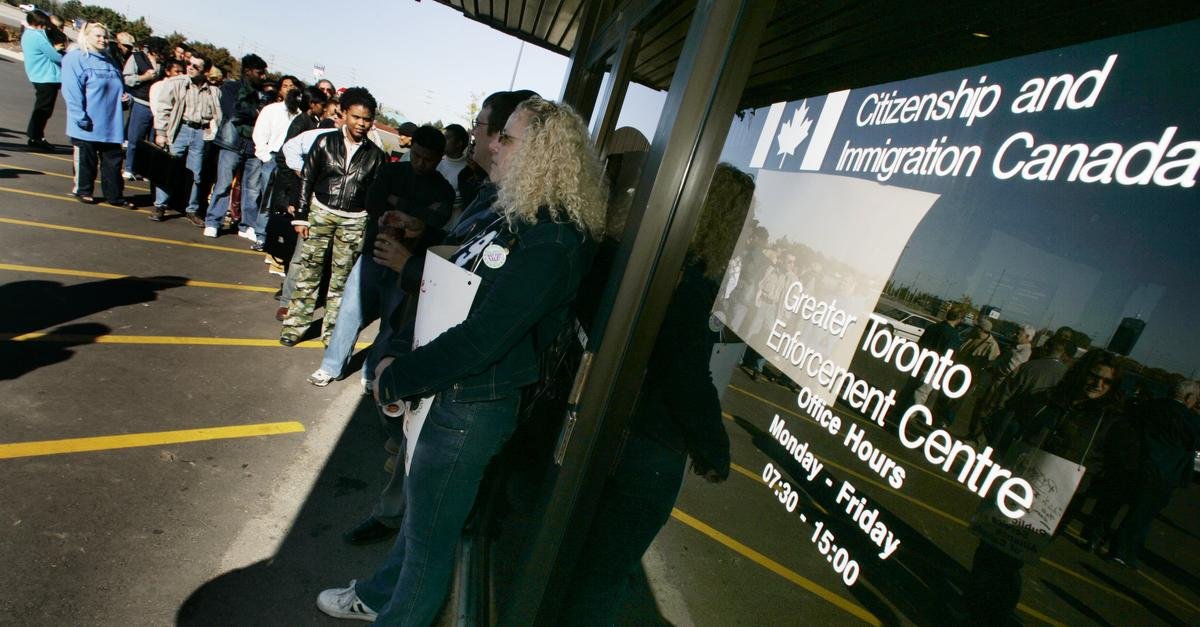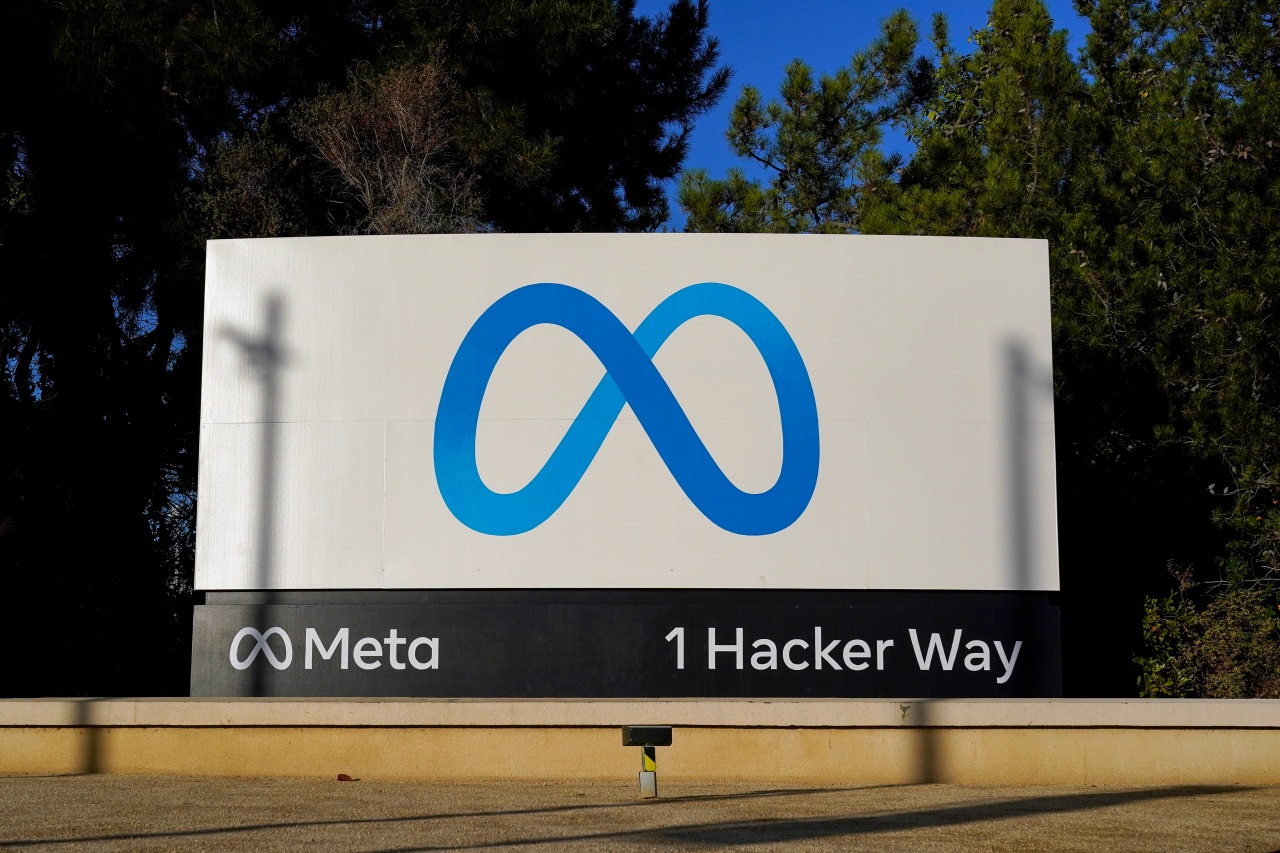OTTAWA — After a year in which pandemic-related staff shortages battered a bevy of government services, Canadians could face further delays in the form of one of the largest public sector strikes in the country’s history.
Ottawa is preparing — or already engaged — for collective bargaining talks that will affect hundreds of thousands of public workers and set the stage for deadlocks on wage increases, remote work and the potential for a huge chunk of workers to walk away.
Amid the high cost of living and government decrees forcing workers to return to the office, public sector unions are turning to a liberal government struggling with spending restraints to demand more.
Administrative clerks, tax return workers and RCMP officers are among the scores of workers arrested during the various hearings.
But is a general strike really on the horizon? And what are the political ramifications if the talks go awry?
Here’s what you need to know.
What do officials want?
The most contentious fight Ottawa is fighting involves 120,000 public employees in four negotiating units of the Public Service Alliance of Canada (PSAC).
In January, PSAC announced its plan to continue strike voting after the union and Treasury agreed on a series of demands, including a wage increase of 4.5 percent per year over three years.
The government responded with an offer of 8.5 percent over four years – a proposal the PSAC deemed “offensive” and “not in line with the rising cost of living”. PSAC is also seeking safeguards regarding remote work, more extensive training to combat racism and harassment, and ending service outsourcing.
Strike votes were also launched by more than 35,000 Canada Revenue Agency (CRA) workers, represented by the PSAC, over wage increases and remote work concerns.
Another federal union, the Professional Institute of the Public Service of Canada (PIPSC), has filed a malicious labor grievance on behalf of 14,000 CRA workers over deadlocked work-from-home talks. (The CRA says it remains committed to reaching a fair settlement while both PSAC and the Treasury Board have filed complaints of their own.)
However, not all negotiations carry similar burdens, and not all are held in public.
For example, the National Police Federation, which represents nearly 20,000 RCMP members, told the star that it is currently negotiating with the Treasury Board but would not comment publicly on the status of those discussions.
What does the federal government say?
Last week, both PSAC and Ottawa agreed to resume negotiations.
But the Treasury Department has expressed “disappointment” with the union’s decision to call a strike vote, citing a Public Interest Commission report saying there are “many areas of potential compromise”.
“The government’s position is clear. We are committed to reaching agreements with all negotiating partners that are fair for employees and reasonable for taxpayers,” said a spokeswoman for Treasury Department President Mona Fortier.
Fortier has also argued that where officers do their jobs is the employer’s right and not something that should be addressed at the negotiating table. In December, the government ordered civil servants to work in person at least two to three days a week from the end of March.
Will there really be a strike? And how does it affect me?
The PSAC’s decision to hold strike votes – which begin on February 22 and end in April – does not necessarily mean that 120,000 workers will walk out. If the union receives a strike mandate from its members, it will use threats of industrial action to pressure the government to comply with its demands. If talks stall, several options are on the table, such as rotating strikes, where workers would participate in a series of one-day strikes, or a full-blown general strike, where all workers would leave.
Because of the size and scope of PSAC membership, any work effort will have far-reaching impact across the country. Canada’s last major public sector strikes were in 2004 and 1991, disrupting a number of government services.
This time will be no different, said PSAC national president Chris Aylward.
“You will definitely see slowdowns at border crossings and airports. Any type of transportation will have slowdowns,” he told the Star.
“Then of course there are the supporting programmes. Unfortunately, the Veterans Affairs offices remain closed. Service Canada offices will be closed… the impact on Canadians will certainly be far-reaching.”
To make matters worse, the timing of a potential strike could cause thousands of CRA employees to leave their desks in the middle of tax season.
What do political parties gain or lose?
A general strike would no doubt cause a major political headache for minority liberals, who are already grappling with a Canadian public fed up with pandemic delays that have bogged down air travel and passport processing.
For one, it would put the labor movement at odds with a Liberal government that has signaled support for the introduction of an “anti-scab bill” that would ban the use of substitute workers during a strike. Introducing such a bill by the end of 2023 is one of the priorities outlined in the government agreement reached by both the Liberals and New Democrats last year.
“All of this comes at a really important and, I think, critical moment for the Liberal Party and the Justin Trudeau administration,” said University of Saskatchewan labor expert Charles Smith. “Strikes create insecurity and insecurity creates political opportunity.”
Smith said he should expect the Conservatives and the NDP – both of whom are courting the working class – to blame the Liberals for their mismanagement of the situation.
Conservative leader Pierre Poilievre, unloved by most federal unions for his track record on workers’ rights, “can play the ‘broken public service, things don’t work, it’s all Trudeau’s fault’” mentality,” said Smith . “There are members of the working class who would be susceptible.”
The NDP, on the other hand, may need to distance itself from its pact with the Liberals and remind Canadians that “they are the party of workers and organized working class,” Smith said.
Raisa Patel is an Ottawa-based reporter who covers federal politics for the Star. Follow her on Twitter: @R_SPatelSHARE:
JOIN THE CONVERSATION
Conversations are opinions of our readers and are subject to the Code of Conduct. The star does not support these opinions.
Source: www.thespec.com
Don’t miss interesting posts on Famousbio










